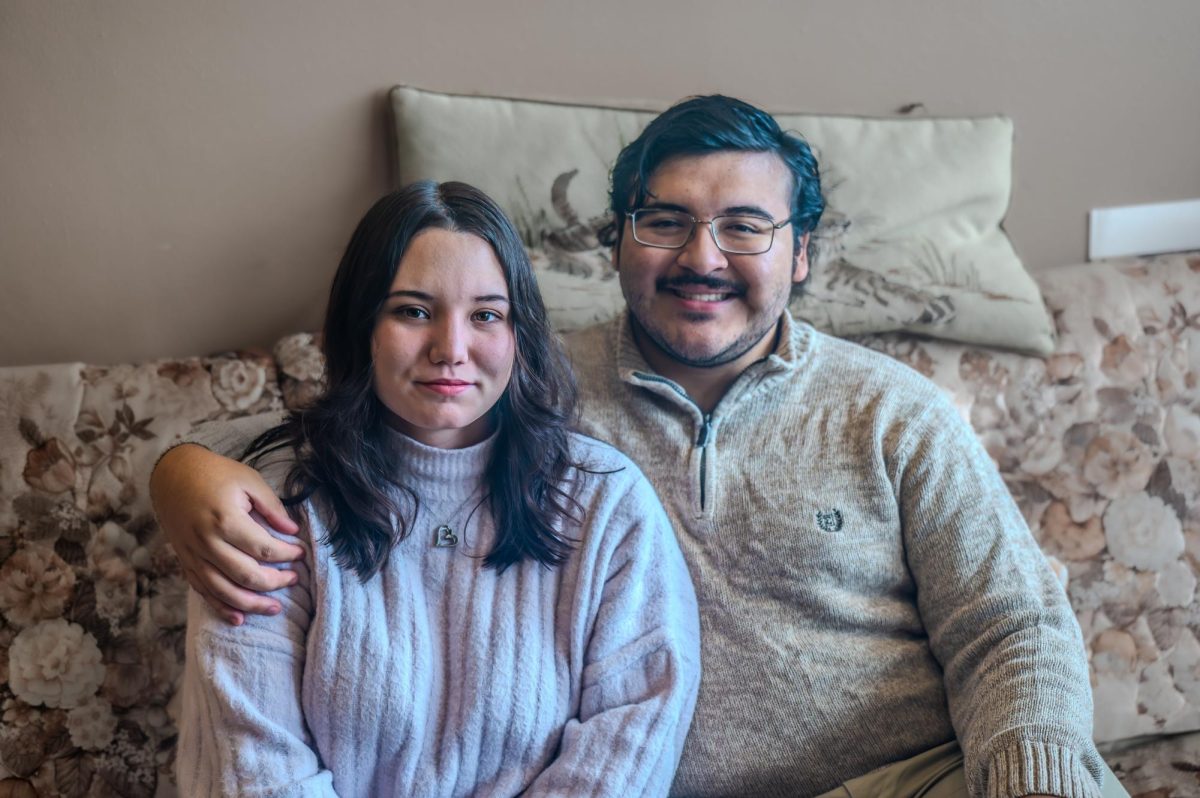By Lilyan Aydt
aydtlily@grinnell.edu
This fall, Grinnell’s branch of the National Alliance for Mental Illness (NAMI) welcomes their new head, Molly Nelson ’21, who has been involved with the organization since her first year. Nelson hopes to continue promoting NAMI’s mission, which is to support and advocate for mental health and mental illness on campus. The group, as she explains, has three major functions: acting as a safe and supportive meeting space, hosting programming related to mindfulness and advocating for students’ needs.
At weekly meetings, NAMI serves as a safe space for students to share about their experiences and check-in with each other. Meetings also usually include an activity centered around wellness, such as meditation or craft-making.
NAMI also hosts events throughout the semester; in the past this has included yoga and pancakes as well as collaborations with the Maker Lab and various SEPCs on campus. According to Nelson, NAMI tries to distribute the scheduling of these events throughout the year to remind students to take time and prioritize themselves regardless of what point of the semester it is.
The organization also does advocacy work on campus. Although Nelson believes that Student Health and Wellness (SHAW) has improved their level of communication with students, she suggests that they might benefit from listening to more student perspectives.
As an entirely student-run organization, NAMI has no affiliation with SHAW, although in the future Nelson would like to increase communication between SHAW and the student body with NAMI acting as a kind of “go-between.” One idea she has for this is to host a panel with SHAW so that students can ask them about pressing questions or concerns they might have.
Leah Johnson ’19, post-baccalaureate for sexual respect and harm reduction at the College, also notes that SHAW has made a lot of recent improvements. She wants to remind students that SHAW “just wants students to get their needs met,” and that this can even involve making off-campus referrals to other facilities if that’s what the student is more comfortable with.
Regarding mental health concerns on campus, the biggest issue that Johnson has observed is what she calls the “Stress Olympics”: Grinnell students trying to one-up each other by comparing how stressed and busy they are with all of their classes and activities. This can create a toxic culture in which mental health is compromised, with lack of sleep and relaxation time putting students at risk for severely negative consequences on their mental well-being.
To help students try and maintain a balance by interweaving time for leisure and rest into their schedules, Johnson suggests visiting the Wellness Lounge on the second floor of the JRC, as well as attending wellness programming.
A variety of groups regularly host wellness programs, including the wellness department’s peer educators, Community Advisors, new project sub-free space GAME House, and NAMI. Johnson adds that students should also feel free to give suggestions to these groups about programming ideas that they would like to see happen.
In addition to these resources, another thing that Johnson thinks is important for supporting mental health and wellness on campus is embracing the community aspect of Grinnell and remembering to check in on others. Asking how they are and what they need, “even if it’s just a hug,” Johnson explains, can really make people feel seen and cared about. In terms of getting help, “sometimes people don’t realize they need it,” she added.
NAMI meets every Wednesday at 7 p.m. in JRC 225.





















































